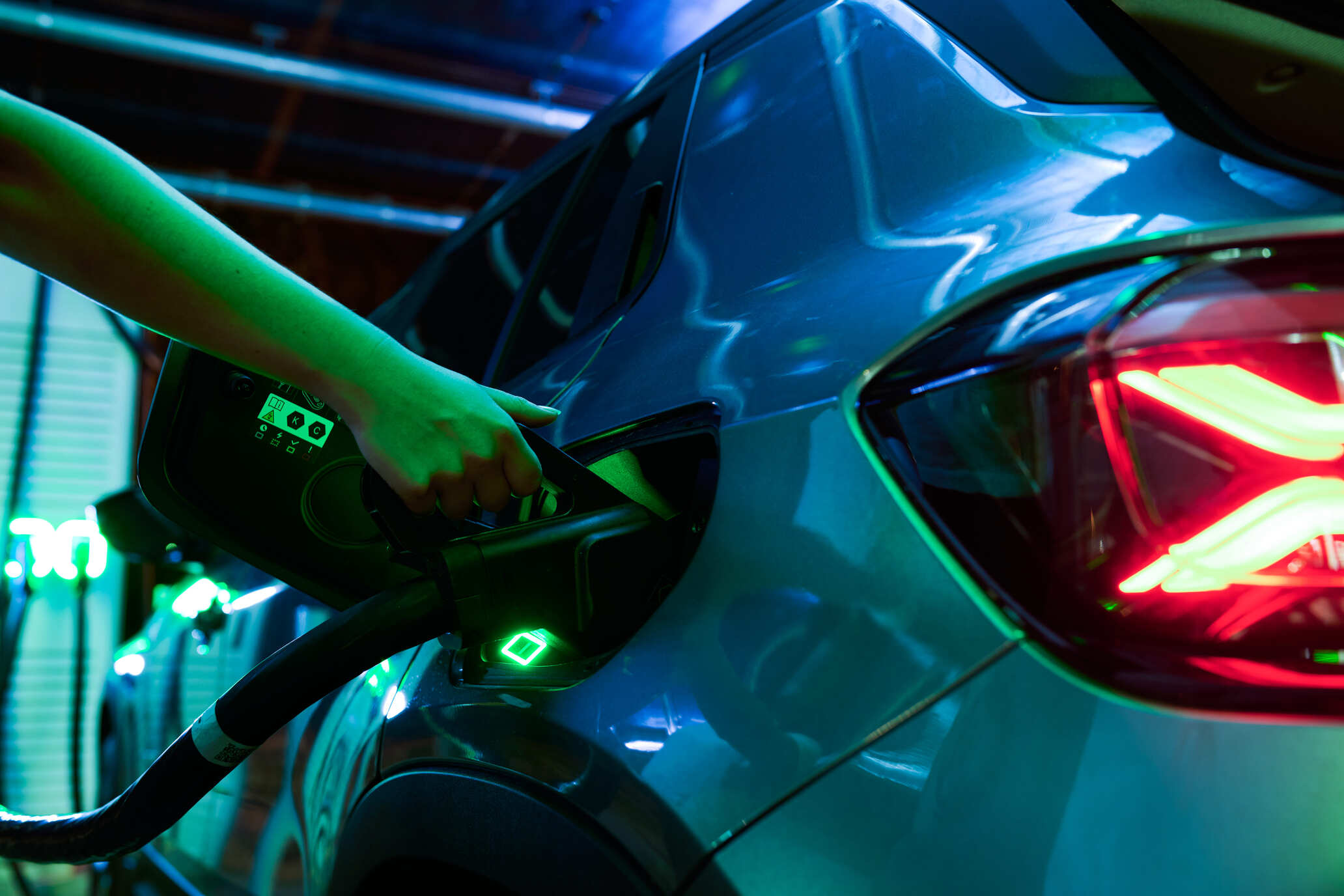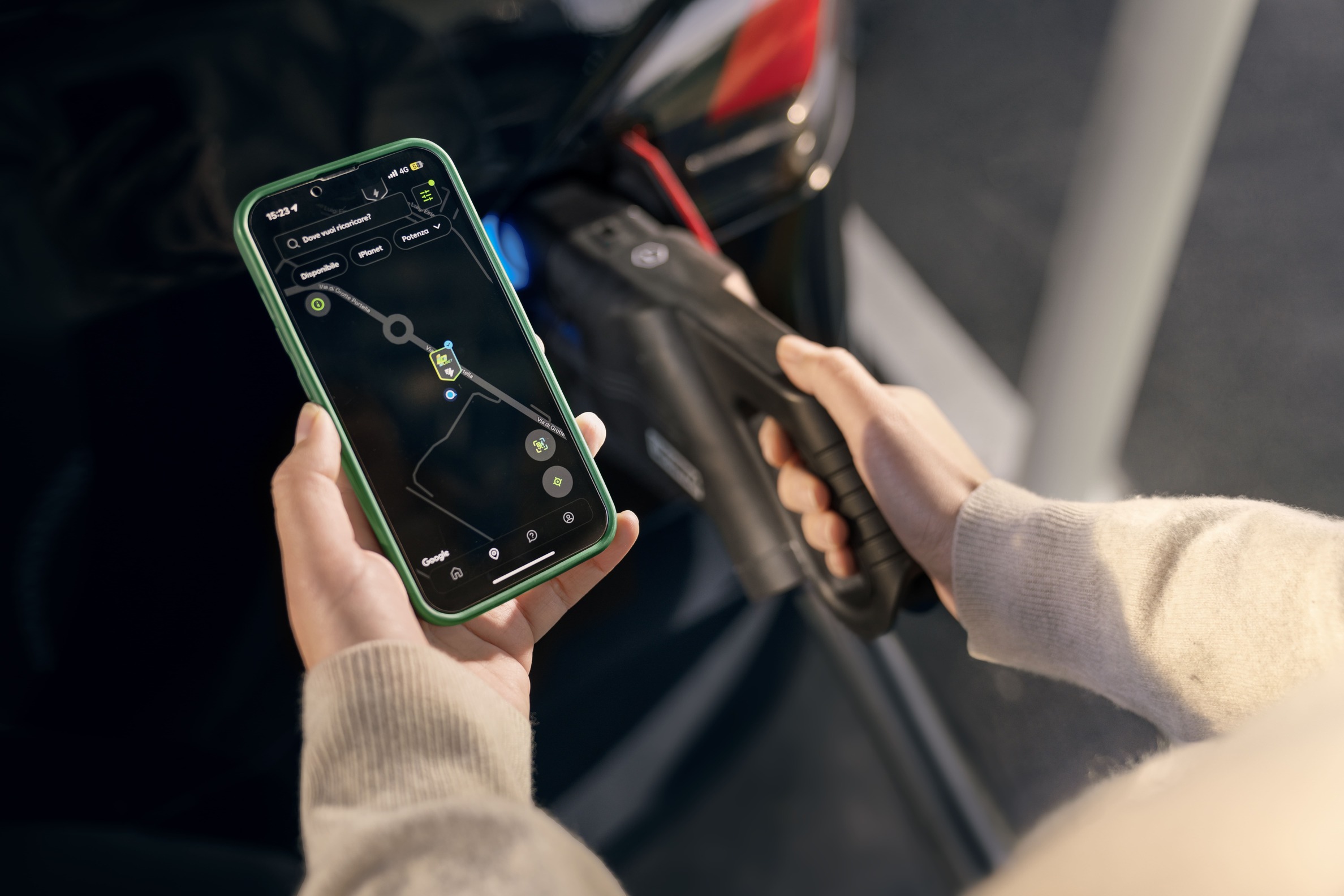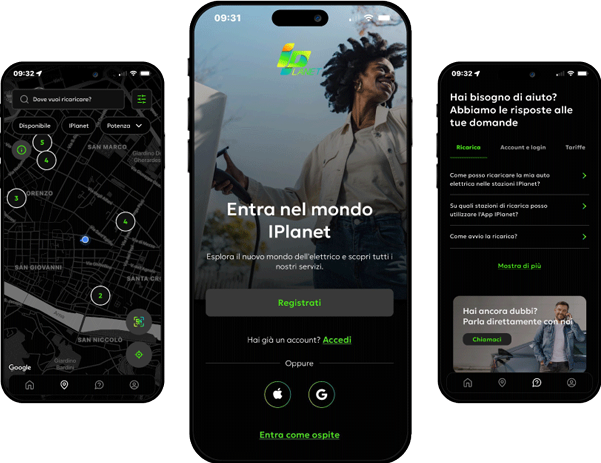
Magazine
Electric car autonomy: how to make the right choice
When it comes to electric cars, autonomy is the main question that inevitably arises. How far can I drive my car once fully charged? This is the top parameter taken into account by consumers, especially those who are new to this type of mobility. While technological advances have enabled achievements we could scarcely have imagined until recently, there is still a very diverse landscape to navigate, which changes based on numerous factors. So how can we choose an electric car with a good level of autonomy without the risk of making a purchase unsuited to our lifestyle?
To try to answer this question, we have to consider a variety of different needs, the advantages new technologies can offer, and the solutions on the horizon.
Different autonomy of electric cars
First of all, it’s important to clarify what autonomy means. In short, it’s the distance an electric vehicle can travel between a 100% charge and an empty battery at 0%. The first point to clarify is that there is no standard electric car autonomy range, and that the distance travelled varies depending on several factors.
The most significant of these are battery capacity, engine efficiency, driving style, and the weight and size of the vehicle. Other factors include external conditions such as temperature, use of air conditioning or the presence of additional loads.

Looking at actual figures, on the market today we can find electric city cars with a range of around 250-300 km, perfect for those who travel almost exclusively in the city. Moving up the categories, saloons and SUVs can easily exceed 500-600 km, in some cases reaching close to 800 real km.
The challenge does not stop here, however. Some manufacturers have also developed electric cars with a range of 1,000 km, which will soon become reality. And there are even more ambitious experimental projects under way, such as the idea of an electric car with a range of 2,000 km, which aims to revolutionise the industry.
Although this variety of options offers great opportunities, it can be confusing. The electric car with the longest range is not always the best choice: it all depends on how we’ll be using the vehicle.
How to choose a car that meets your needs
The key question remains: how much autonomy do we really need?
A useful tip is to start by analysing our daily movements. If we live in the city and travel 30-40 km a day, a model with a range of 300 km is more than sufficient for several days of use without charging, while someone who often makes long journeys or works outside of town might want to look at 500-700 km models.
For urban commuters travelling between work and home in the city, practicality, agility and short charging times are the most important factors. C-segment cars with a range of 250-300 km are ideal for this purpose.
Families with children, who often make longer trips for outings or weekends away, may find an electric SUV with a 500-600 km range more suitable.
Travelling professionals who make long drives every week might find electric cars with more autonomy suitable to avoid problems.
Another aspect not to be underestimated is the charging network available. Those living in a housing complex without charging stations, or who cannot install a Wallbox at home, might need to opt for a model with a longer range to avoid stopping too often. In other words, it’s not just a matter of choosing the biggest battery, but of finding the perfect balance between range, comfort and the availability of charging infrastructures.
Fortunately, in many cases, these issues can be resolved thanks to the latest generation of fuelling stations, which allow you to charge your vehicle in no time at all.
How ultra-fast charging technologies can make travelling easier and more convenient
Alongside the issue of autonomy, we have to consider charging options. There is no point in having a car with a range of 1,000 km, if charging is excessively slow or complicated. Fortunately, technology is moving fast in this direction.
The ultrafast charging stations, able to deliver power of up to 400 kW, are becoming increasingly widespread. These stations can recover 80% of the battery in about 20 minutes, the time it takes for a coffee break on the motorway.
This completely changes the travelling experience: there is no longer any need to plan lengthy stops, and even drivers of cars with a range of 400-500 km can embark on very long journeys without fretting about charging.
The IPlanet stations, for example, are designed so that anyone can use them easily: thanks to a clear, intuitive interface, and real-time app updates, charging is more convenient and accessible than ever.

Ultra-fast charging has numerous advantages: it makes travel a smoother experience, with a stop every 2-3 hours, offering greater flexibility, without having to reach your destination with a flat battery, and making even 300-400 km cars as convenient as 600-700 km cars.
Not just numbers: the other factors to consider
When it comes to the range of electric cars, it’s important to look beyond the numbers declared by the manufacturer, as if they were an absolute, unchanging value. The effective range of a vehicle depends on a number of factors that impact the driving experience.
Not just a question of battery
Energy efficiency is the first factor. Two electric car models with identical batteries can behave very differently depending on their weight, aerodynamic resistance and the technical solutions adopted by the manufacturer. In short, consumption is determined by the vehicle as a whole and the structure of all its parts.
The right software
Another crucial aspect regards the onboard software. Journey planning systems that suggest charging stops and calculate optimal routes can reduce range anxiety and offer peace of mind by removing the unpredictability that can turn trips into an odyssey.
Then there is the question of the battery, the very heart of the electric car: it is always important to check the lifespan and the warranty coverage, in terms of both years and kilometres.
Lastly, future value should not be underestimated: vehicles with a longer range tend to maintain their price better over time, which is an important strategic factor in a rapidly changing market.
The future is just around the corner
We’ve already reached a turning point. While ten years ago range anxiety was the main obstacle to the spread of electric vehicles, today the perspective has shifted. While we wait for cars with a 1,000 or 2,000 km range to become more widespread and affordable, technology is progressing in leaps and bounds.
Thanks to the new ultrafast charging stations, mere battery capacity is becoming less and less important. In the very near future, driving electric will be not only sustainable, but also extremely practical and convenient.
Read also
Information is energy for the mind. Explore articles, offers, and news dedicated to the world of electric mobility and stay up-to-date on everything IPlanet.

Download our App
Did you know? Keep everything under control with IPlanet. Find easily your nearest stations, start charging, monitor your consumption in real time and manage your payments. Electric mobility has never been so easy.
Find out moreElectric mobility, everywhere.
IPlanet offers you a complete ecosystem of online and offline services to simplify travel. EV charging points, traditional fuel pumps and refreshment areas: every last detail has been designed to guarantee you a complete experience. Control everything at a click on our App and website!
Find our moreIplanet. The ultrafast solution to your charging needs
Find your nearest charging point
Use our ultrafast charging points and dedicate more time to the things you love.
Pay directly from the App
Start charging from your smartphone to save time and money
Benefits and deals
Follow our channels to discover more promotions just for you.
Our Energy
is 100% Renewable
IPlanet certifies the origin of all the energy supplied by its ultra-fast charging stations. In 2024, we received a Cancellation Statement from the Energy Services Manager (GSE), confirming the cancellation of 260 Guarantees of Origin, equivalent to 260 MWh of renewable energy used.
